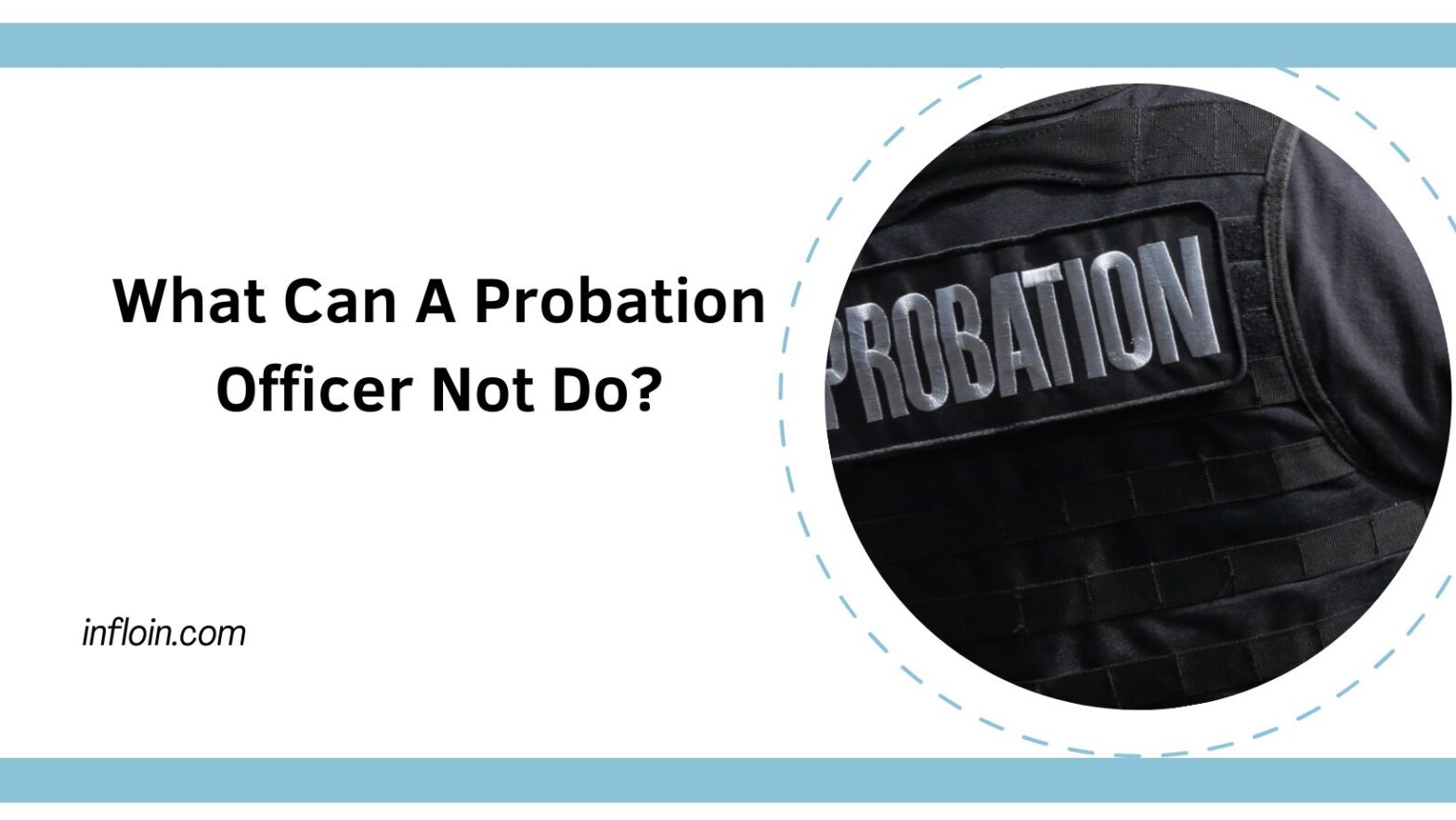Probation officers must comply with stringent confidentiality rules and maintain privacy for those under their supervision. Furthermore, all probationers should be treated impartially without bias.
Probation officers should avoid developing personal relationships with offenders as this can muddy the lines between professional and private activities. Furthermore, meetings outside scheduled probation appointments must not take place with probationers.
Table of Contents
Inappropriate Behavior
Probation officers must abide by stringent guidelines to maintain professionalism, uphold the rights of those under their supervision and uphold the integrity of criminal justice systems. Failing to do so could result in disciplinary measures or legal ramifications as well as harm being done to probationers and members of their communities.
Probation officers cannot tolerate inappropriate conduct from offenders or engaging in romantic relationships with them, which blurs the line between professional and personal, making it more challenging for them to supervise and enforce their probationers’ terms and conditions.
A probation officer must refrain from sharing incriminating information about offenders with anyone other than his/her supervisor, as doing so could compromise an offender’s chances of receiving an effective sentence. Furthermore, any harassment of an offender, either verbal or physical in nature, by a probation officer is illegal and may result in the probation officer losing his/her job.
As it can create an unsafe situation if an offender is not at home, probation officers must obtain prior authorisation from a judge for home searches, which will specify how long and which rooms or structures can be searched, along with items allowed on display at that location.
Discrimination
Probation officers are public servants that must uphold the law and be impartial when assessing criminal offense cases. Deviating from this standard may result in disciplinary actions, legal ramifications and damage to their credibility as probation officers.
Probation officers must keep themselves aware of an offender’s living environment and social network without interfering with his/her ability to meet employment obligations. Probation officers may observe an individual at their work site through community observation if passive notification measures can be provided (such as placing a sign outside their home or office).
Probation officers must not discriminate against offenders based on race, sexual orientation, age or religion. Any evidence of racism should be reported immediately as this behavior could constitute unprofessionalism and lead to the termination of probation officer service.
Probation officers cannot legally enter an offender’s home unless there is a warrant, life or death threat present, or to deliver court correspondence or conduct risk assessment of their living situation. An open line of communication with their probation officer allows an offender to discuss issues they are experiencing and receive proper help and supervision.
Breaking Into an Offender’s House
Probation officers (or parole officers) are public servants tasked with helping those convicted of crimes comply with their probation or parole sentences. Probation officers must ensure no rights violations occur or else face possible disciplinary action themselves.
Probation officers frequently conduct home searches without warrants as part of the conditions for probation or parole agreements, yet conducting searches improperly can result in new criminal charges against offenders. For instance, finding drugs or weapons visible within an offender’s house can be used against them to establish violations and bring additional criminal charges against them.
The Superior Court in Parker ruled that probation officers have certain restrictions when conducting house searches. As per this decision, officers are only permitted to go through and look at items which are easily visible; they cannot tear apart an offender’s house looking for contraband evidence.
Probation officers must assess offenders to determine if additional support is necessary, whether that means financial through employment, psychological through counseling or housing, or social through community involvement. Offenders on probation often receive child safety zones which prevent them from approaching school grounds, parks or other areas where children congregate.
Searching an Offender’s House
Probation officers work in various aspects of criminal justice systems. From drug court to dealing with domestic violence or sexual offending cases, probation officers can have different areas of focus depending on their specialty training such as mental health or intensive supervision.
At times, probation officers may be allowed to conduct limited searches of an offender’s house for evidence of criminal acts such as drugs or weapons. While performing these searches, however, officers must remain mindful of entering without an arrest warrant and can only search specific areas; otherwise they could violate an individual’s right to privacy.
Probation officers can require offenders to do many things, from paying court fines and fees to taking drug and alcohol tests. They can require that offenders secure employment or participate in domestic violence treatment programs; wear GPS monitors or SCRAM portable alcohol monitoring bracelets; they may even dictate where an offender cannot live – violators will be arrested if this rule is broken. If you are having issues with your probation officer, scheduling an in-person meeting with their supervisor would be ideal; use that meeting as an opportunity to draft up detailed reports or complaints outlining why your concerns about them exist.


